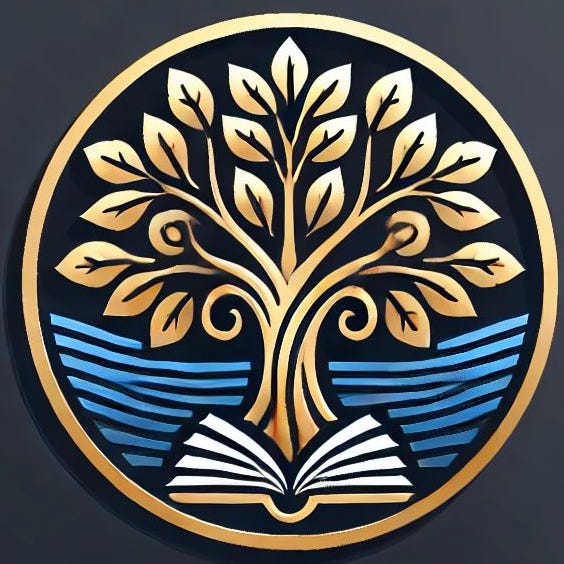Time isn’t the main thing. It’s the only thing. – Miles Davis
Timing is everything, but how many of us ever ask when everything should happen?
In When: The Scientific Secrets of Perfect Timing, Daniel Pink reveals the science behind the answer to that question.
Instead of another how-to manual, Pink gives us a when-to guide.
Below are a few of my favorite ideas and quotes from the book.
Different Birds
Our thinking power, mood, and enjoyment change throughout the day.
They tend to rise in the morning, dip in the afternoon, and rebound in the evening.
Pink points out that our sharpest, most analytical thinking often peaks in the late morning.
So, if you’re trying to solve a complex problem or make an important decision, tackle it before lunch, unless you’re an owl.
Pink divides us into three chronotypes: Larks, Owls, and Third Birds.
Chronotype is a personal pattern of circadian rhythms that influences our physiology and psychology. – Daniel Pink
Here’s how they differ:
I consider myself an early bird (i.e., a Lark).
I wake up at 4 a.m., workout, and tackle my biggest mental challenges before noon.
By the afternoon, I need lots of coffee, and by 8 p.m. I’m pretty useless.
Understanding which bird (i.e., chronotype) you are can help determine when to tackle your hardest work and be the most productive.
Exercise, Morning Routine, and Napping
Do you exercise?
Pink shares that working out in the morning is smart if you want to lose weight, boost your mood, stick to a routine, and build strength.
However, if you want to avoid injury or hit a personal best, it’s better to work out in the late afternoon or early evening.
By then, your body temperature and lung function are at their highest, your reaction time is faster, and you’re less likely to pull a hammy.
Do you have a morning routine? Pink suggests:
Drink water first thing.
You’re slightly dehydrated after 6-8 hours of sleep. A glass of water rehydrates you, tames early hunger, and helps you wake up.
Wait to drink coffee.
As soon as you wake up, cortisol (i.e., your body’s natural stress and energy booster) kicks in. Caffeine interferes with its production. Wait 60-90 minutes for that first cup of joe so caffeine works with your body, not against it.
Do you take naps?
Some see napping as lazy, but science says it’s a performance hack.
Pink found that NASA pilots who napped for 40 minutes improved reaction time by 34% and doubled their alertness.
The University of California, Berkeley, found that naps expand the brain’s capacity to learn.
Pink found that 10-to-20-minute naps are the sweet spot that can sharpen your mind for hours.
Longer naps can help, but watch out for sleep inertia (i.e., that groggy fog that can leave you more tired).
To maximize alertness, drink coffee before your nap. The caffeine takes about 25 minutes to enter your bloodstream. So, once you wake up, you’ve turbocharged your energy.
Pink calls this the “nappuccino.”
The Start, The Middle, and The End
To be lucky at the beginning is everything. - Miguel de Cervantes, Don Quijote
Beginnings secretly run our lives.
Social scientists call them temporal landmarks (i.e., fresh starts that reboot our motivation).
New Year’s Day is the obvious one.
For example, Google searches for “diet” spike 80% on January 1st, but they also jump on Mondays, the first of the month, and the day after a holiday.
New week, new you.
Midpoints matter more than we think.
Researchers John Berger and Devin Pope analyzed over 18,000 NBA games over 15 years focusing on halftime scores.
They found that when a team is up 6 points or higher by halftime, it has an 80% chance of winning the game.
However, teams that are up by just one point are more likely to lose.
Being slightly behind fuels a motivational fire.
Are you stuck in the middle of a project?
Pink recommends visualizing one person who will benefit from your work.
That shift from (how can I continue?) to (how can I help?) can power you through the midpoint slump.
Endings motivate us to finish strong.
Pink found that NFL teams score far more points in the final minute of the first half than in almost any other one-minute window. The second highest scoring minute is the final minute of the 4th quarter.
Psychologists have found that giving people deadlines works wonders:
Loan applications with a deadline get completed 24% more than open-ended ones.
Gift certificates with short expiration dates get redeemed at triple the rate.
Organ donors are even more likely to sign up if given a time limit.
Endings energize us to close the gap.
Final Thoughts
Even in a five-sentence paragraph, ‘time’ can function as a noun, adjective, or verb. It is one of our most versatile words we have. According to Oxford
University press researchers, time is the most common noun in the English language.
– Frederick Crossen
Time shapes how we feel, how we act, and how we live.
Pink’s research-heavy but easy-to-read book reveals that when we do things matters just as much as what we do.
Check it out when you can.
Keep learning. Keep growing. Keep going.
Now here’s what I’ve been reading, listening, and watching:
Milton Hershey (the man who never gave up on his dreams of Chocolate) on Founders Podcast
Sam Colt (the man who was pulled back into this failed business) on Founders Podcast
Just Keep Buying by Nick Maggiulli
The Seven Frequencies of Communication by Erwin Raphael McManus
The 5 Types of Wealth by Sahil Bloom
Children’s book (I have a 5-year old): Eloise by Kay Thompson and illustrated by Hilary Knight
Here’s what I’ve been writing:




